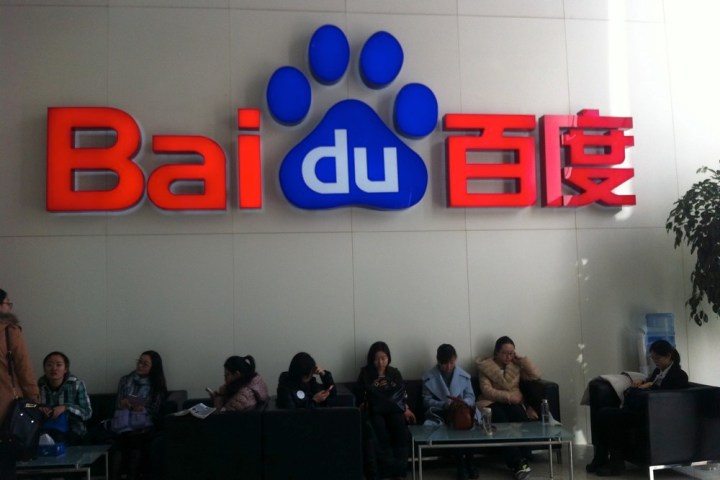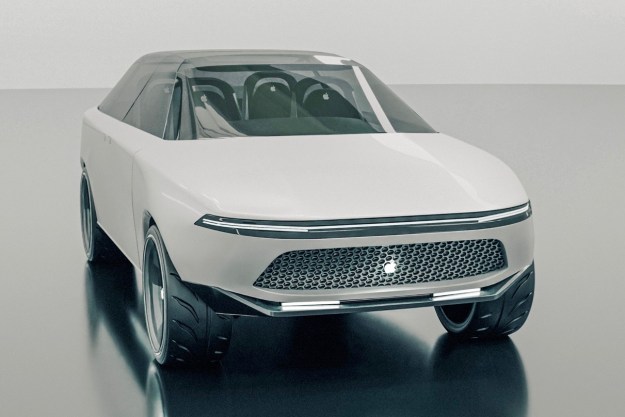
Back in June, Baidu unveiled its ambitious plans to have a self-driving car on the pavement by year’s end, and now, it seems that they’ve made good on their promise. With Google inching ever closer to commercializing its own autonomous technology, the race is most certainly on to see who will be first to market.
Although Baidu has successfully completed a 30 kilometer road test, this impressive accomplishment still leaves the firm some distance from putting a real driverless car on the road. “Fully autonomous driving under mixed road conditions is universally challenging, with complexity further heightened by Beijing’s road conditions and unpredictable driver behavior,” Wang Jing, senior vice-president of Baidu and general manager of the company’s autonomous driving business unit, said in a press release.
Reaching top speeds of 100 kilometers per hour, the souped-up BMW made right, left, and U-turns; decelerated when it detected vehicles nearby, changed lanes, passed cars, and merged into traffic — all the things you’d expect from a human looking to pass a driving test.
Wang told the Wall Street Journal that his plans for self-driving cars far exceed personal use. Rather, he said, “We will cooperate with some governments to provide shared vehicles like a shuttle service; it could be a car or van, but for public use.” Because if you don’t want to drive, your taxi driver probably doesn’t want to, either.
So look alive, Google and company. China is hot on your trail, and just might beat you to the punch.
Editors' Recommendations
- Cruise woes prompt production halt of fully driverless van
- Cruise autonomous vehicle drives over woman just after she was hit by another car
- An autonomous car in San Francisco got stuck in wet concrete
- Volkswagen is launching its own self-driving car testing program in the U.S.
- Big driverless buses are now serving passengers in Scotland


